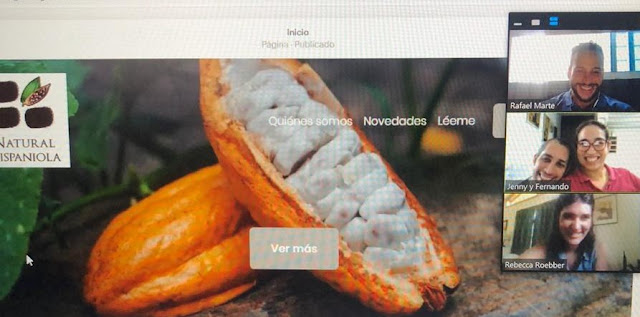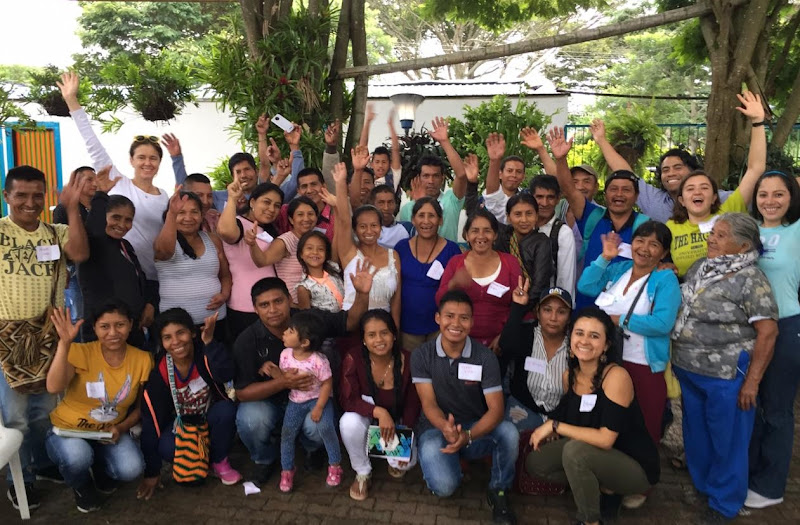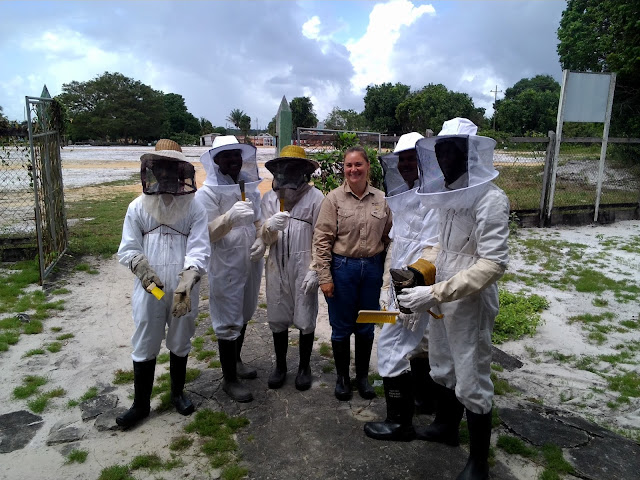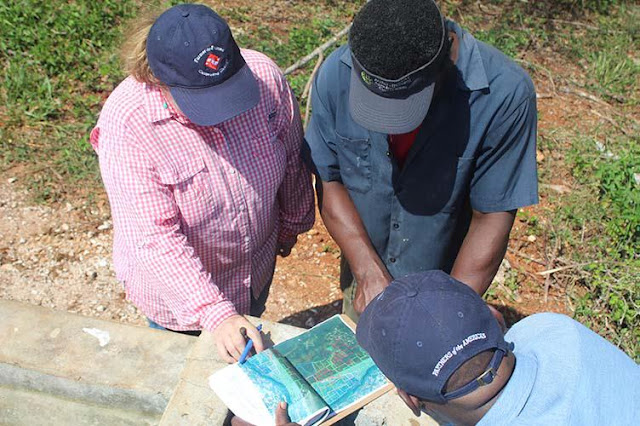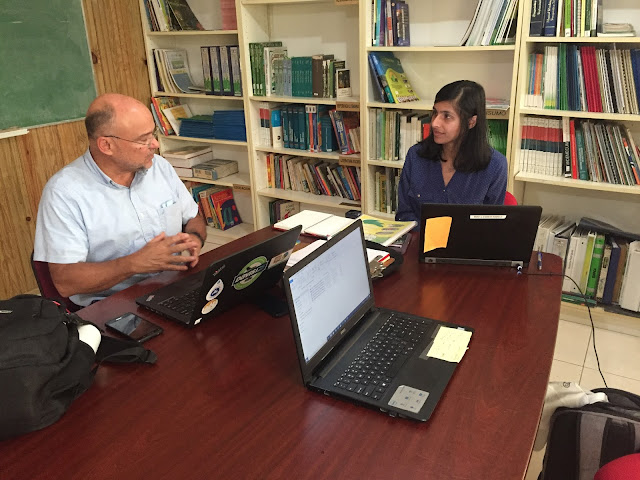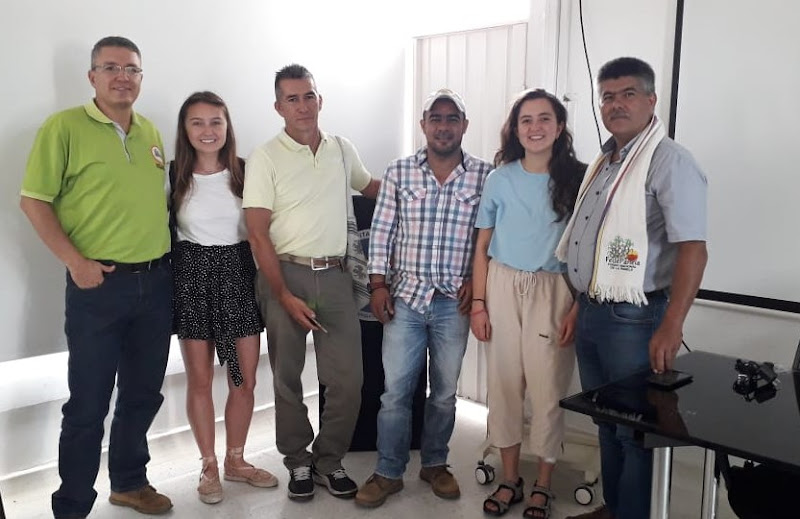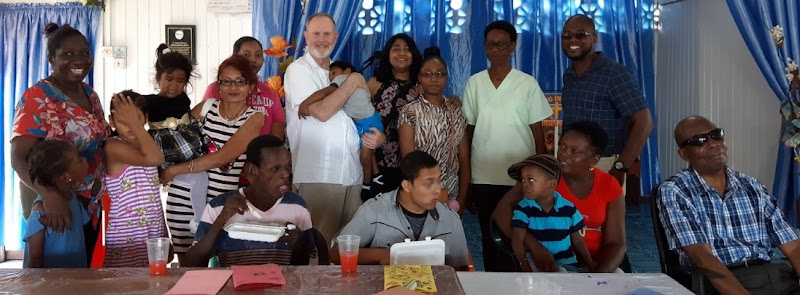Mariculture in Jamaica: An Evaluation of Potential, Opportunities and Challenges

In September 2019, Farmer-to-Farmer volunteer Mike Frinsko travelled to Jamaica for two weeks to help evaluate opportunities for finfish mariculture in the island nation. Mr. Frinsko holds a MSc in Wildlife Ecology with a focus in Aquaculture from Mississippi State University and works as an Aquaculture Specialized Agent with North Carolina Extension. This assignment is the first in a sequence of projects concerned with jumpstarting the Jamaican mariculture industry, and Mike aimed to evaluate the potential of the business by taking into account the available resources including market demand, host knowledge, monetary and natural resource availability and facility location. Jamaica continues to experience modest, but sustained population growth. Fish is a commonly consumed protein staple, something that has historically been plentiful as a fresh or fresh-on-ice product. As the demand for fish products is increasing, artisanal fishers have had to reach farther and deeper to outlying ar
